

World Cultural Exchange: Germany – The Land of Beer
At the start of October, InterLOG launched its Global Cultural Exchange program, honoring traditional heritage while celebrating Germany’s National Day. The event offered employees an immersive experience highlighting Germany’s rich history, vibrant culture, and enduring spirit of creativity.
The History of German Unity Day
German Unity Day (Tag der Deutschen Einheit) is celebrated annually on October 3rd, commemorating the reunification of Germany in 1990. After World War II ended in 1945, Germany was divided into four occupation zones controlled by the Soviet Union, the United Kingdom, the United States, and France. In 1949, two separate nations emerged: the Federal Republic of Germany (West Germany) and the German Democratic Republic (East Germany), each with distinct political systems.
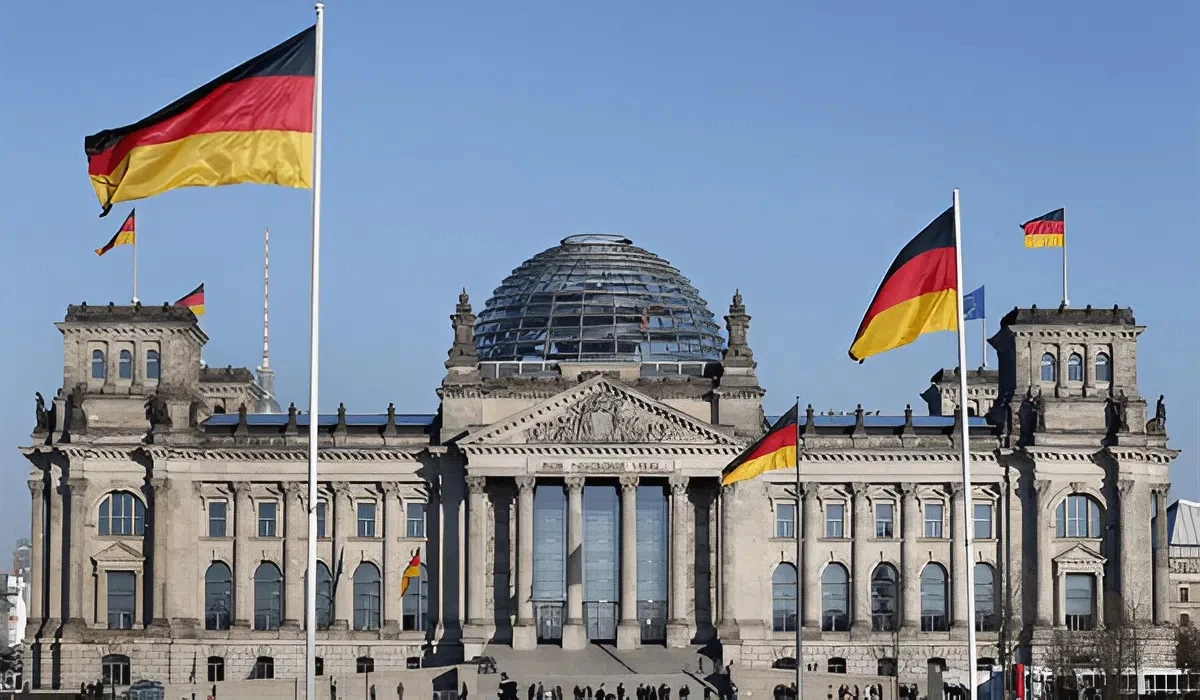
What Makes Germany Unique
Germany is famous for its long history, diverse culture, and unmistakable character. Beyond its historic architecture and technological achievements, Germany is known for its distinctive cuisine, rich language, and unique customs.
German Beer and Festivals
Beer is a global symbol of German culture. With over 1,500 breweries and thousands of beer brands, each region offers its own distinctive flavors. The Oktoberfest in Munich, held every autumn, is the world’s largest beer festival, attracting millions of visitors to enjoy fresh beer, traditional foods, and a vibrant, colorful celebration.
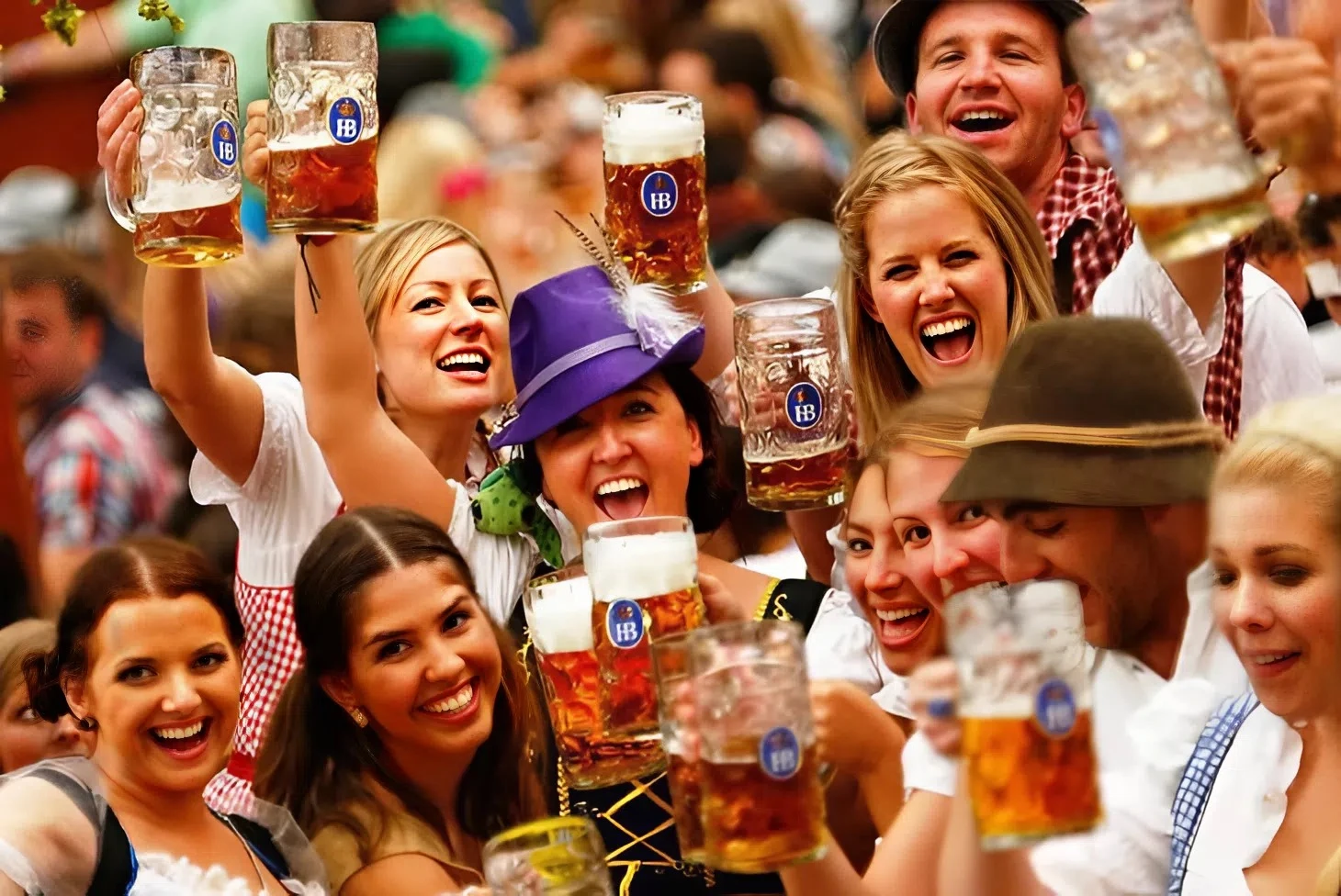
German Bread
Bread is another hallmark of German cuisine. Germans are often called the “nation of bread,” boasting more than 3,000 varieties - from traditional dark rye loaves to buttery, crusty breads. More than just a staple, bread reflects the cultural richness and regional diversity of Germany.
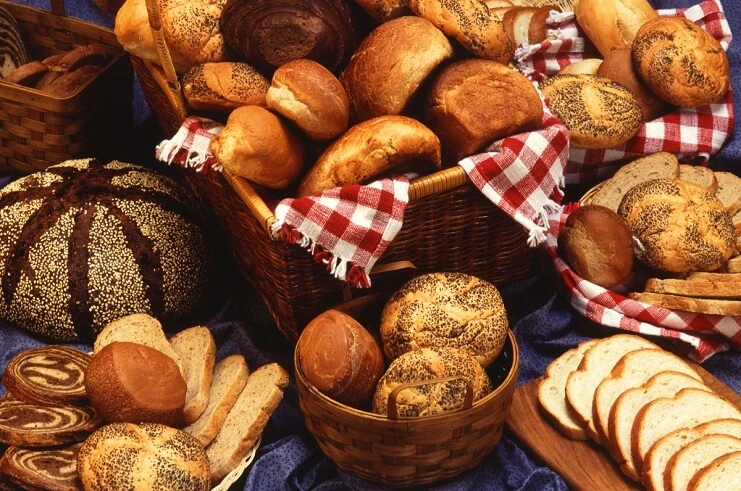
The German Language
German is the official language of Germany and one of Europe’s most widely spoken languages, with over 100 million speakers. Known for its precision and compound words, German reflects the disciplined and logical character of its people and has been the language of countless important literary, philosophical, and scientific works.
Famous Sausages
Sausages (Wurst) are a key element of German cuisine. With over 1,500 varieties such as Bratwurst, Currywurst, and Weisswurst, each region has its own recipes and methods-grilled, boiled, or fried-usually paired with bread or sauerkraut.
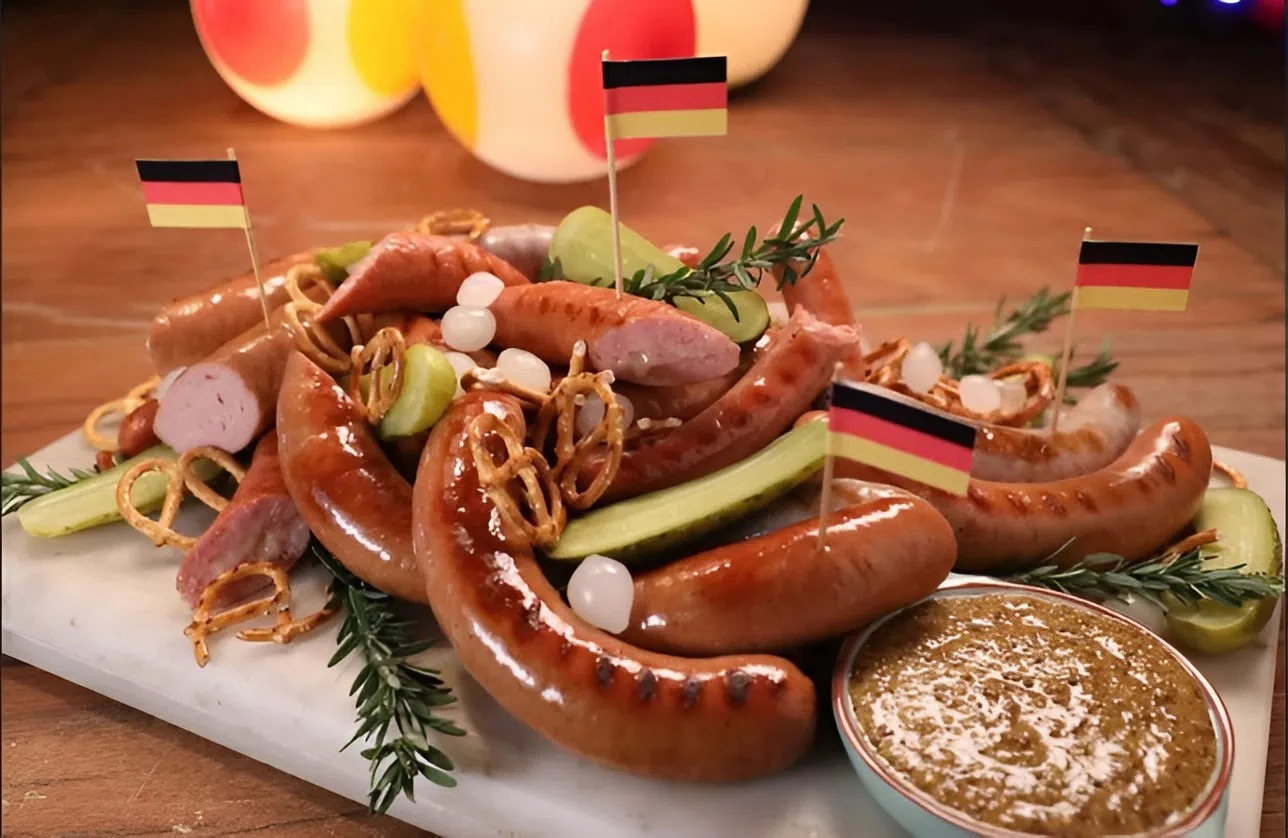
Gutenberg Printing Press
In the 15th century, German inventor Johannes Gutenberg created the movable-type printing press, revolutionizing book production and spreading knowledge throughout Europe. This innovation laid the foundation for modern publishing and remains a point of national pride, reflecting Germany’s creative and pioneering spirit.
RuheTAG - A Day of Rest
Sundays in Germany, called Ruhetag, are dedicated to rest and quiet. By tradition and law, most shops and malls close, leaving only essential services like train stations, airports, and gas stations open. This practice ensures time for family, outdoor activities, and preparation for the week ahead, reflecting the German value of work-life balance.
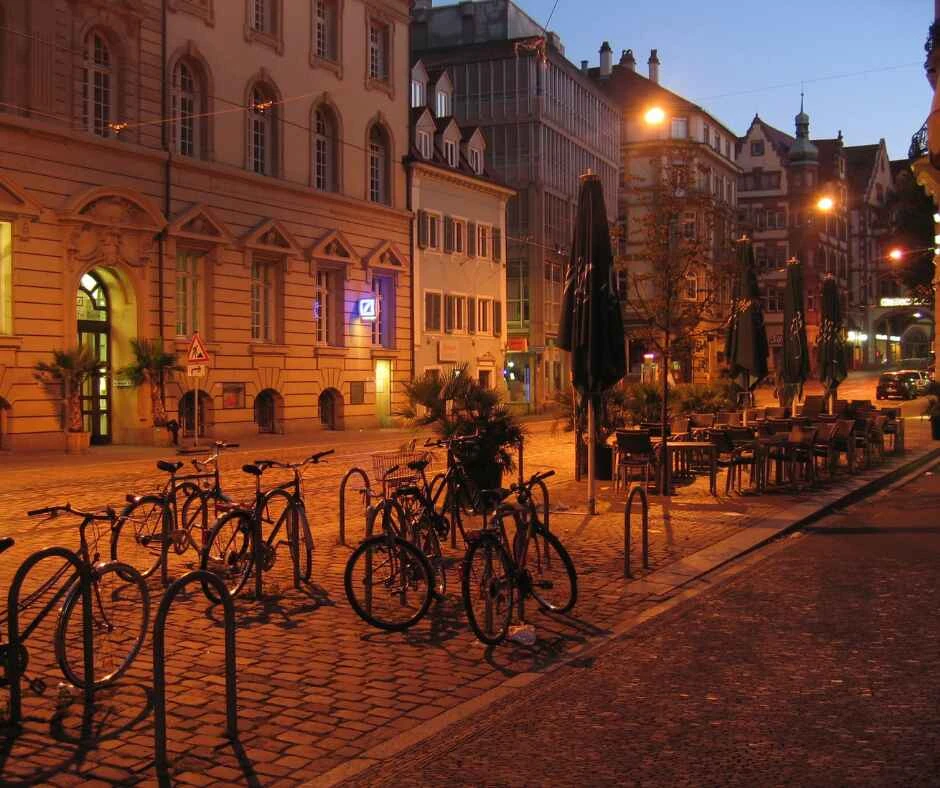
InterLOG’s German Unity Day Celebration
To embrace the festive spirit of October 3rd, InterLOG organized a special event filled with German culture, offering employees a fun and memorable experience.
Wunderbar Deutschland Costume Contest
The highlight was the “Wunderbar Deutschland” contest, where teams creatively expressed German culture through videos, photos, or storytelling while wearing traditional German attire. Attractive prizes were awarded to the most impressive and popular entries, encouraging creativity and team bonding.
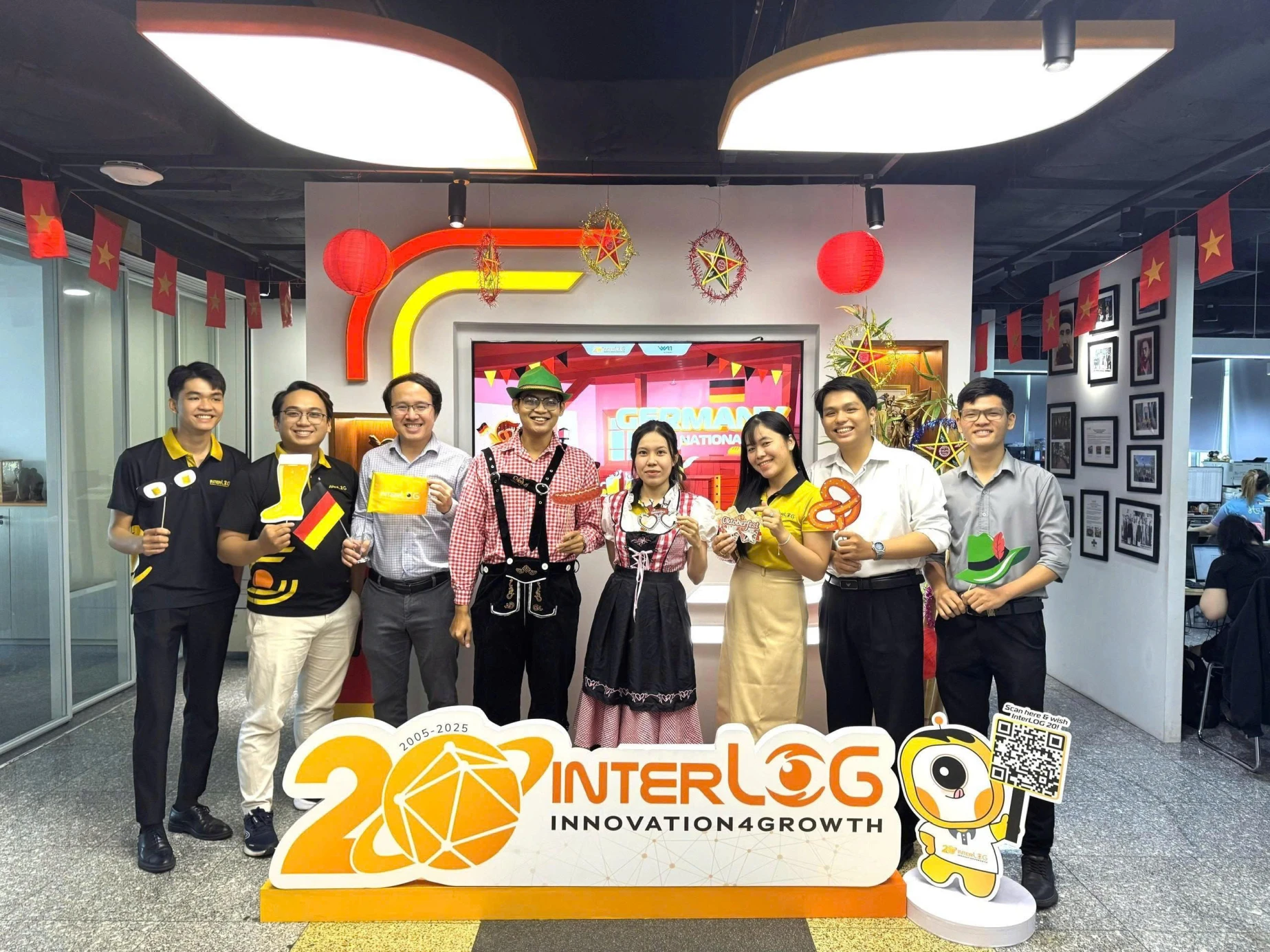
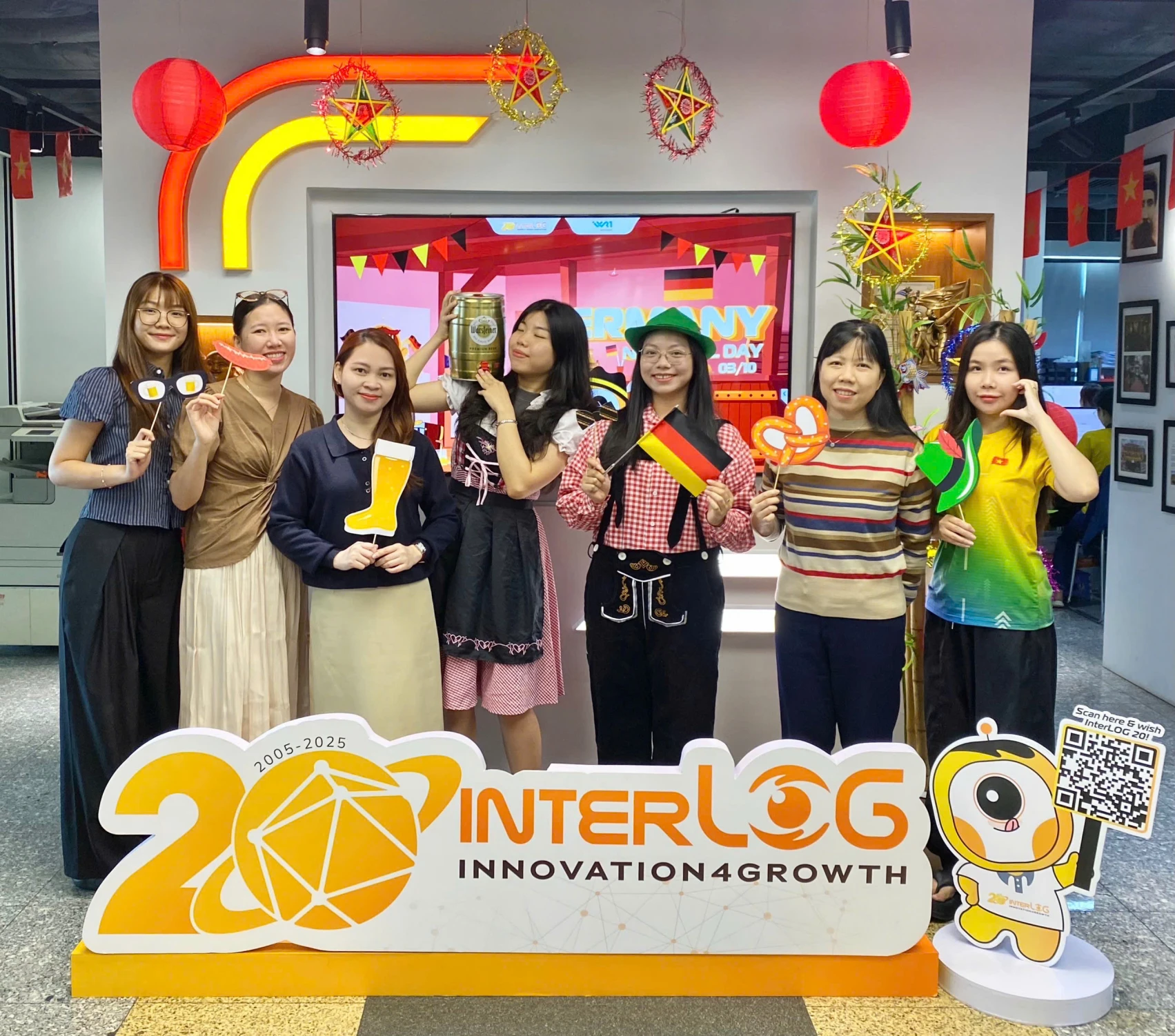
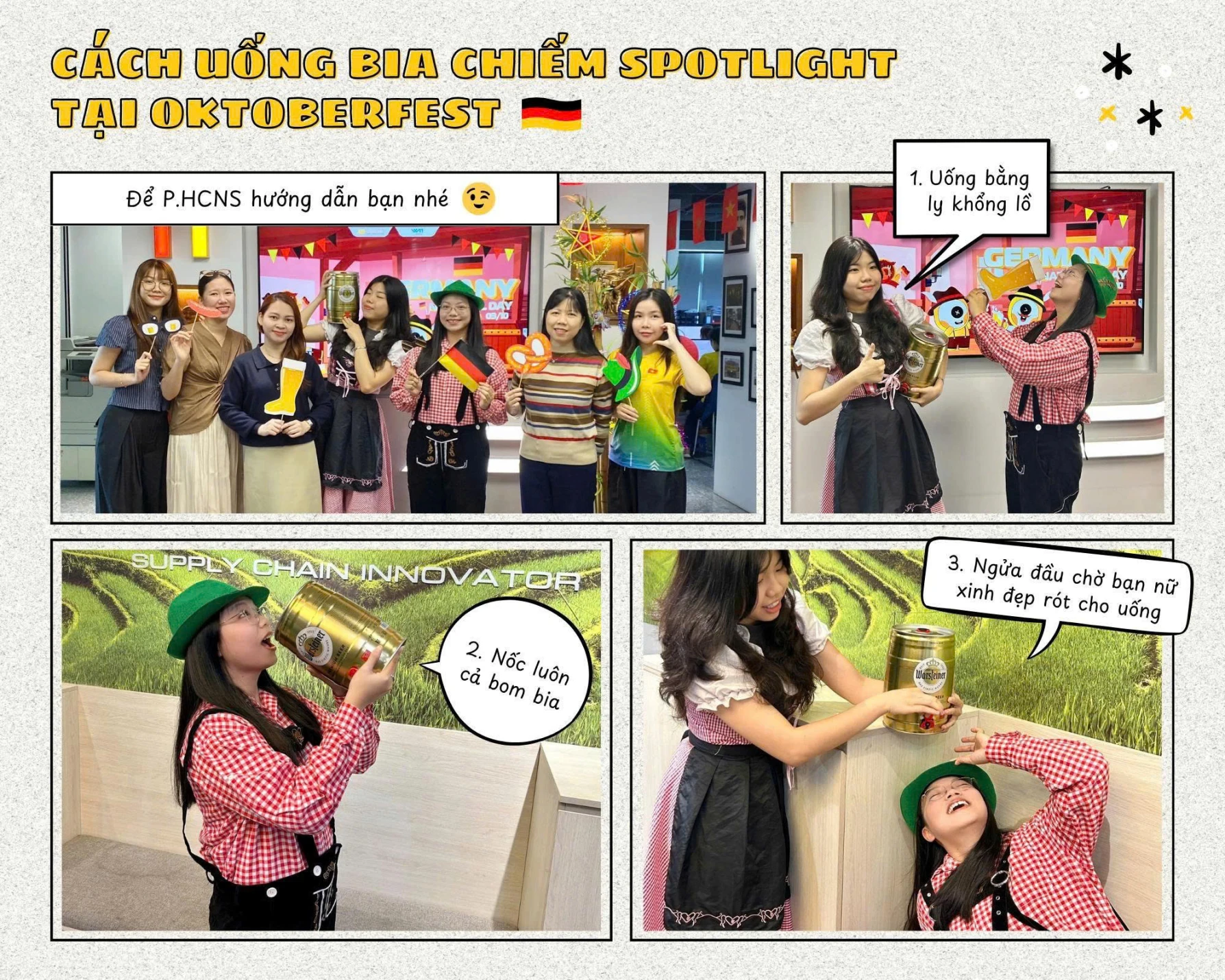
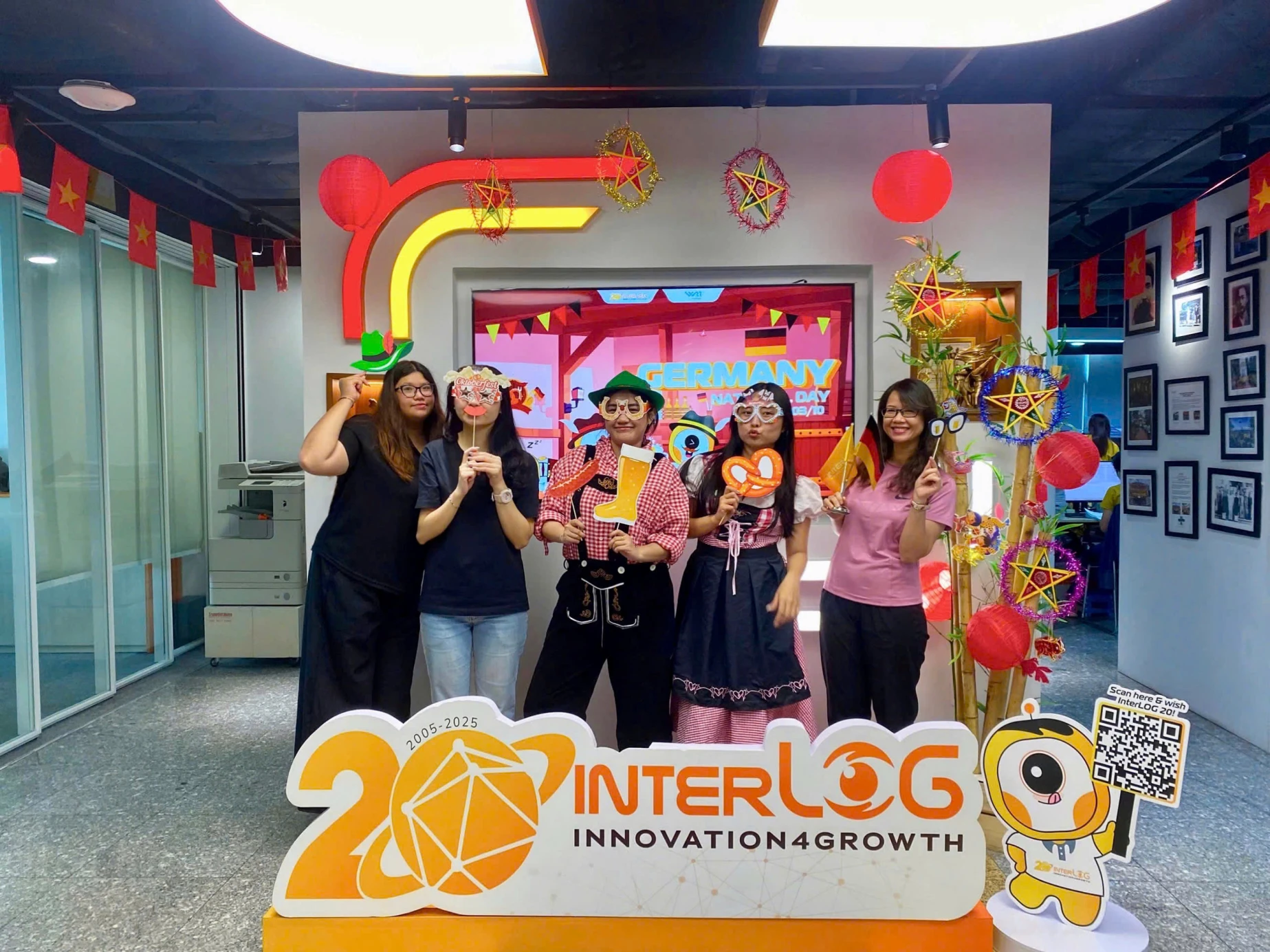
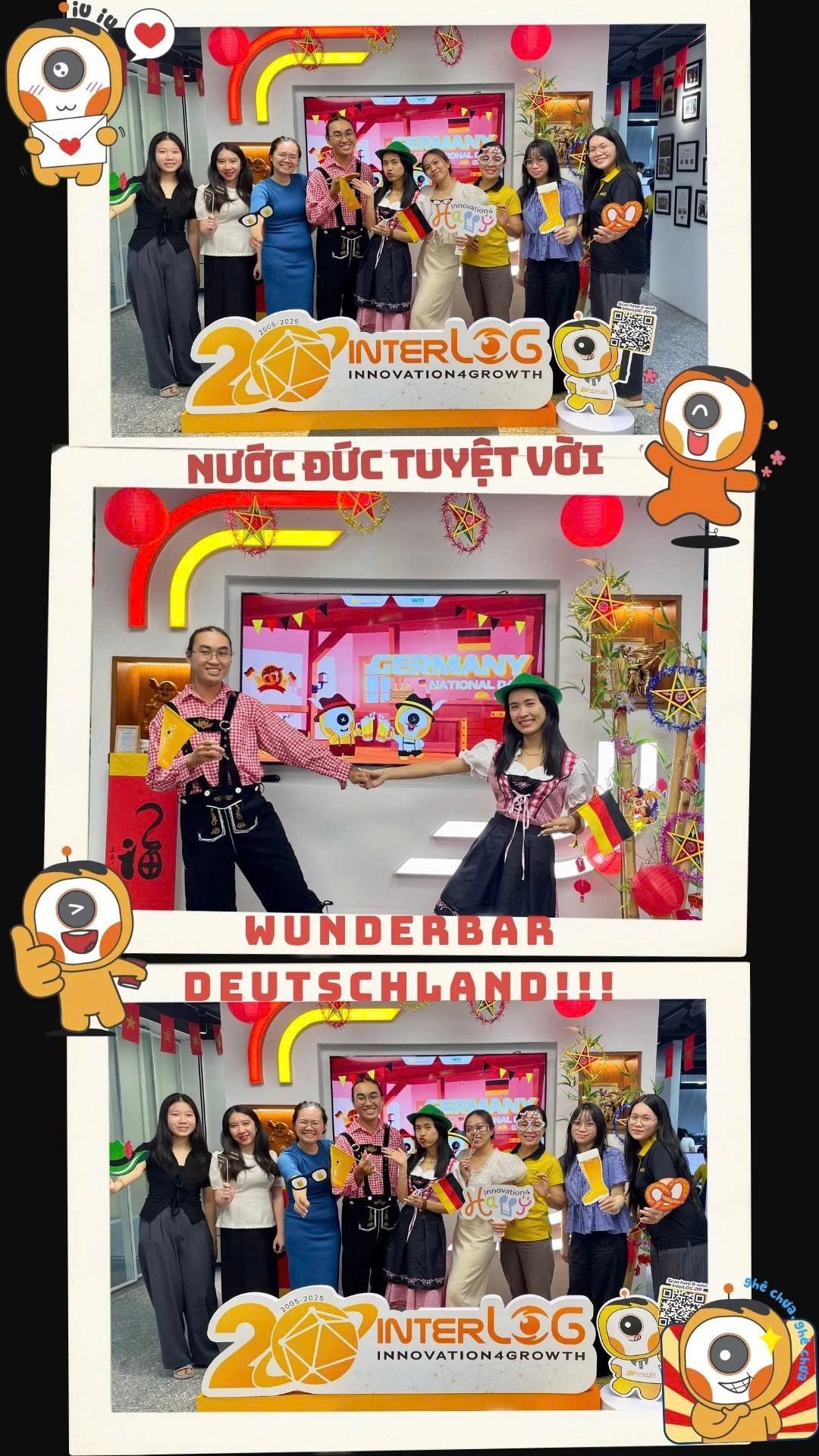
German Culinary Experience
The menu featured famous German sausages prepared authentically, offering rich flavors and enticing aromas. Chilled German beers, golden and frothy, evoked the festive Oktoberfest atmosphere, with each sip blending tradition and brewing artistry.
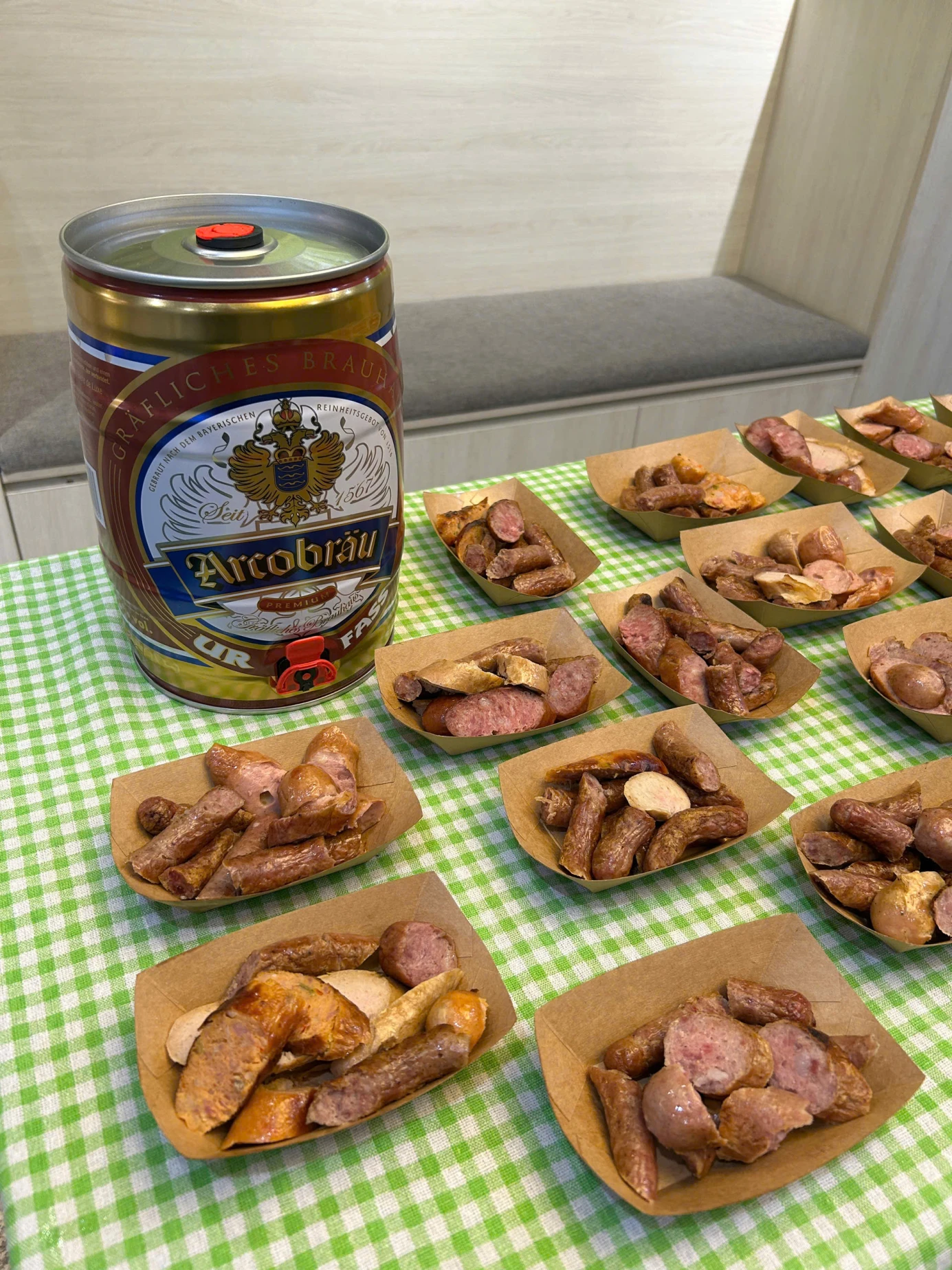
Completing the culinary journey was the iconic pretzel (Brezel), with its twisted shape, golden-brown crust, and savory taste-a centuries-old symbol of German culture.
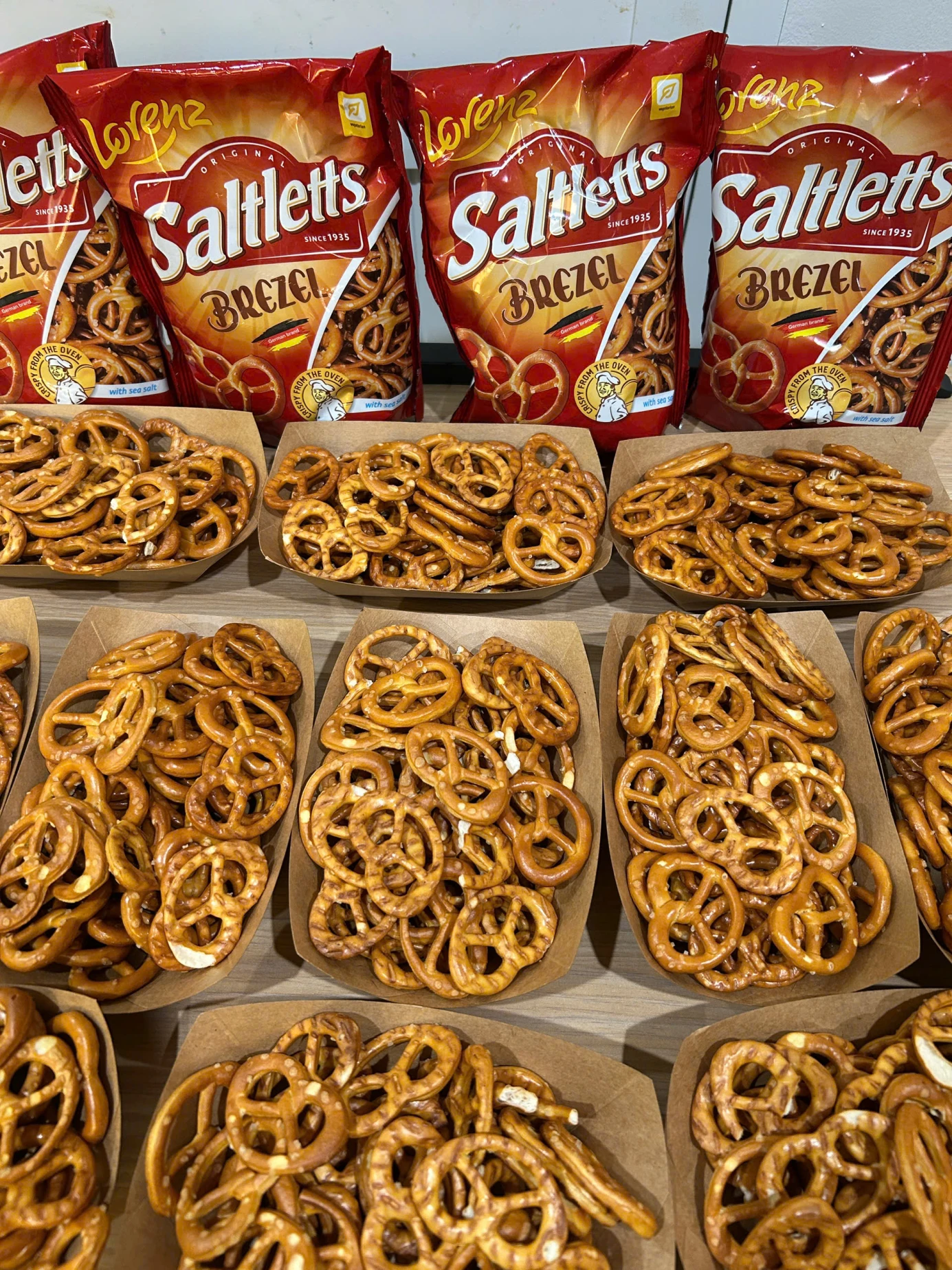
At InterLOG, every international cultural program opens doors to global knowledge while inspiring creativity, curiosity, and respect for diversity. These events give employees the opportunity to learn, collaborate, and share positive values, building a strong foundation for sustainable growth and global connection.
.png)
![[The Next Gen-I] The Next Gen-I 2025: Building the Future through the Strength of InterLOG’s People](https://interlogistics.com.vn/static/3588/2025/07/31/z6858521105244_66590582665276ac7088ddd1a14f0258.jpg)
